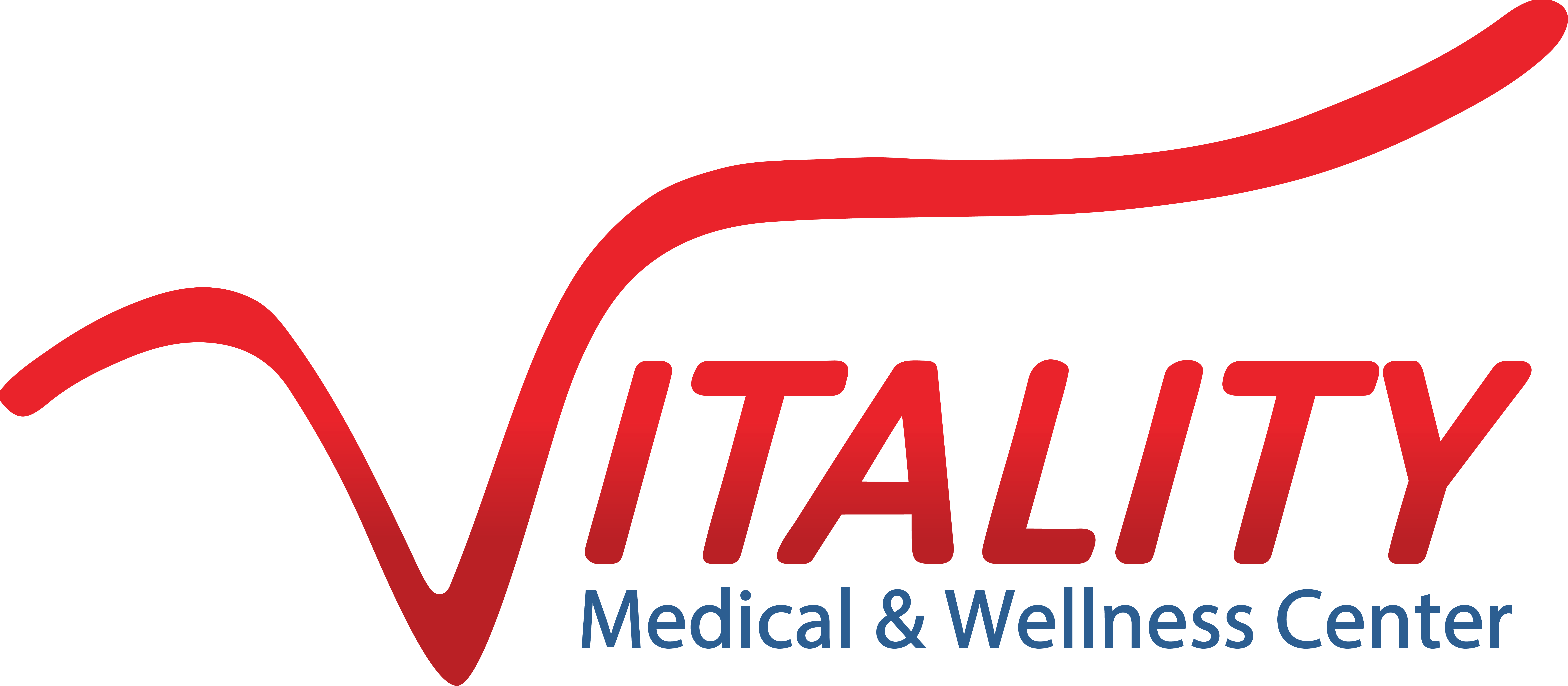October 23, 2025 | 3 minute read
At Vitality Medical and Wellness Center, I often tell my patients that food is more than fuel. It is information for your body. What you eat directly influences how your hormones behave, and that means nutrition plays a central role in your energy, mood, metabolism, and overall vitality. Hormonal health is not just about age or genetics. It is about the choices you make every day at the table.
The Hormone-Nutrition Connection
Hormones are chemical messengers that regulate everything from sleep and stress to digestion and fertility. They are sensitive to nutrient levels, blood sugar fluctuations, and inflammation. When your diet lacks balance, your hormones can become disrupted, leading to symptoms like fatigue, weight gain, mood swings, and irregular cycles.
Key Nutrients for Hormonal Balance
Certain nutrients are especially important for supporting hormone production and regulation:
- Healthy fats: Omega-3s and monounsaturated fats help build hormones and reduce inflammation. Sources include salmon, avocado, olive oil, and flaxseeds.
- Protein: Amino acids are essential for hormone synthesis. Include lean meats, eggs, legumes, and nuts.
- Fiber: Supports gut health and helps eliminate excess hormones. Found in vegetables, fruits, and whole grains.
- Magnesium: Helps regulate cortisol and insulin. Found in leafy greens, seeds, and dark chocolate.
- Vitamin D: Supports thyroid and reproductive hormones. Get it from sunlight, fatty fish, and fortified foods.
Foods That Disrupt Hormone Health
Just as some foods support hormone balance, others can interfere with it:
- Refined sugars: Spike insulin and contribute to hormonal imbalances.
- Processed foods: Often contain additives and unhealthy fats that promote inflammation.
- Excess caffeine and alcohol: Can stress the adrenal glands and disrupt sleep cycles.
Blood Sugar and Hormones
Stable blood sugar is key to hormonal stability. When blood sugar spikes and crashes, it affects insulin, cortisol, and even estrogen and testosterone. Eating balanced meals with protein, fat, and fiber helps maintain steady energy and mood throughout the day.
Gut Health and Hormones
Your gut is where many hormones are activated and metabolized. A healthy gut supports proper hormone signaling. Include fermented foods like yogurt, kimchi, and kefir, and avoid excessive antibiotics or processed foods that harm gut flora.
Personalized Nutrition at Vitality
At Vitality Medical and Wellness Center, we take a personalized approach to hormone health. We begin with a comprehensive assessment, including lab work and lifestyle review, then create a nutrition plan tailored to your body’s needs. Whether you are navigating menopause, adrenal fatigue, thyroid issues, or low testosterone, nutrition is always part of the solution.
Nourish Your Hormones, Nourish Your Life
Hormonal balance is not a mystery. It is a reflection of how well your body is nourished and supported. By choosing whole, nutrient-rich foods and avoiding inflammatory triggers, you give your hormones the foundation they need to thrive.
If you are experiencing symptoms of imbalance, know that you are not alone—and you are not powerless. At Vitality, we are here to guide you toward lasting wellness through education, compassion, and science-based care.
